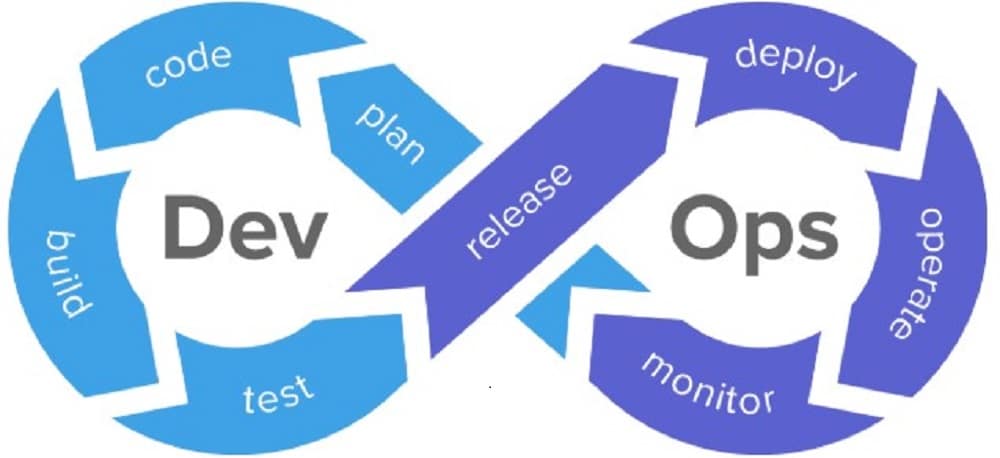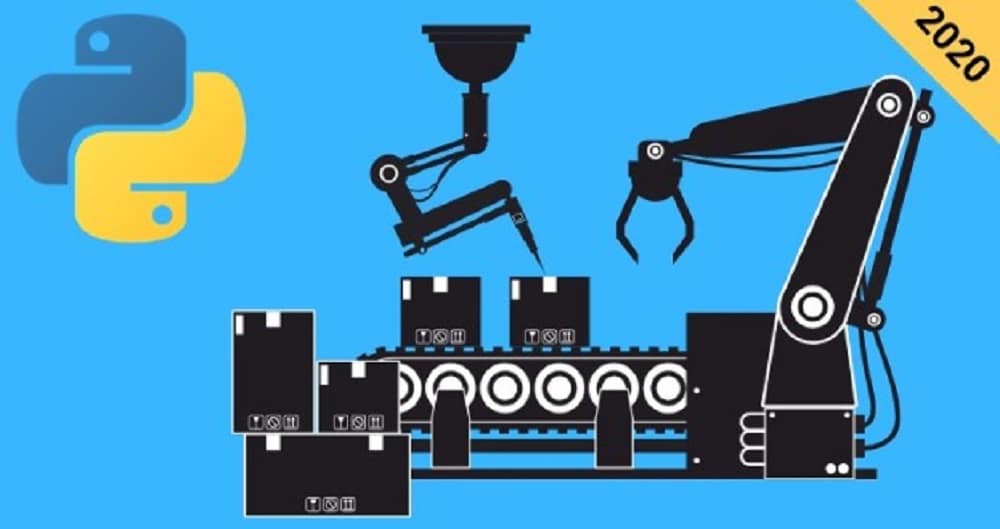Note: We do not get any form of payment if you choose to buy any books or courses recommended below. Our recommendations are purely based on what we believe to help DevOps professionals secure and grow their careers.

The IT industry is ever changing especially in times like the one we are currently living through. Devops Engineers are often on the forefront of this change.
In my years of experience, the demand for great DevOps Engineers has skyrocketed especially in the past 5 years. However, the tech that current DevOps Developers are using is constantly changing and evolving. Without learning these new technologies you may find your skills less marketable.
What will happen if you choose to not learn and develop new and necessary skills? You may find your career will start to stall and be unable to achieve the success you want.
So what can you do right now to prepare for the future of DevOps Engineers? From talking with CIOs, CTOs, and VPs of technology from fortune 500 companies, midsize firms and startups, I have learned the 4 ways DevOps Engineers can stay competitive in today’s market.
1. Plan for where DevOps is headed

One thing that is a given in DevOps is change. Change is always occurring at rapid rates and in order to remain competitive in today’s market it is important to know where DevOps is heading. From talking with CIOs and CTOs in midsize to Fortune 500 companies, they are being challenged by their boss to cut more and more costs out of the infrastructure budget.
If you’re a DevOps engineer, you want to embrace writing automated infrastructure procedures/processes. By resisting developing your automation or scripts writing skills you’re leaving yourself vulnerable to outsourcing considerations. One of the arguments CIOs use in conversations with their bosses is that in-house staff can save significantly more money by streamline processes, automating code updates, operation system automation updates, patches etc.
The recent large increases in users across all networks has made automation a requirement for business to run smoothly and efficiently. For example, if there is a software patch that needs to be implemented on every device and say there are 8,000 devices, it would take a very long time to go out to each device and install the patch. That is where automation scripting writing comes in. You can write a script that can be sent out on the network to automatically update the device.
2. Increase your fluency in many different scripting languages

In talking with a few hiring managers who are trying to fill senior level DevOps engineers roles, the common technical skill each hiring manager wants their DevOps developer to have is the ability to develop in many different scripting languages. Why is that?
Because this gives the organization the flexibility and the ability to leverage more automation functions over there enterprise. By having a wide rage of scripting languages, this allows you to become more valuable to your current or future employer.
What are some of the best scripting languages to learn when in the DevOps field? From talking with dozens of hiring managers from start ups, midsize, and fortune 500 companies, here are the top scripting languages want their DevOps engineers to know.
- Python
- Pearl
- JavaScript
In my experience, you don’t need to be an expert in all of these languages. However, having a good understanding and ability to write automation code in a couple is a highly sought after skill.
3. Have knowledge in security and quality testing

When I worked with a hiring manager to fill critical DevOps Engineer positions, one of the skills that made a candidate really stand was the engineer having a background in automating security and quality testing. I was able to find two DevOps engineers with knowledge in security and quality testing automation, and the client decided to hire both candidates.
Experience with security and quality testing coupled with the skills to know how it can be built into automated testing is something very few DevOps Engineers have yet very valuable to employers.
But what if you don’t have background experience in quality testing and security?
There are other ways you can show your current or future employer that you do have knowledge in security and quality testing. You can take online courses and read books. In my experience, the best way to learn is to network with DeveOps Engineers who already have experience in cyber security and quality testing or start to learn cyber security and quality testing from a cyber security specialist and quality tester respectively.
Here are a few courses and books to help you learn the fundamentals of quality testing and cyber security.
- Udemy IT Security Courses
- The Complete Cyber Security course
- Cybersecurity Book: Essential Guide for Beginners to Learn Basic Methods of Cybersecurity
- Udemy Quality Testing Courses
4. Document cost savings and/or error reductions back to the business from the automation

After completing a project, it is important to show your manager through quantitative results on how much money you saved or made for the organization. This allows your managers to see in numbers the value that you brought to the company and helps your prospects of a salary increase come review time.
If you were working on a project that isn’t necessarily cost saving then show your manager how your efforts of automation resulted in error reduction. If possible, provide your manager with previous examples of the manual errors that have occurred and how much it cost the company. This will show your boss that the project you worked on is saving the company money.
Embrace change!
In our ever changing IT world, it is important to always be on the forefront of the technology in your profession.
We know that there is a lot here for you to learn and it can seem overwhelming. It is important to just pick one or two aspects to focus on and apply it to your current job or a side project.
If you are interested in learning more about opportunities in the DevOps Engineer space feel free to reach out to me!
